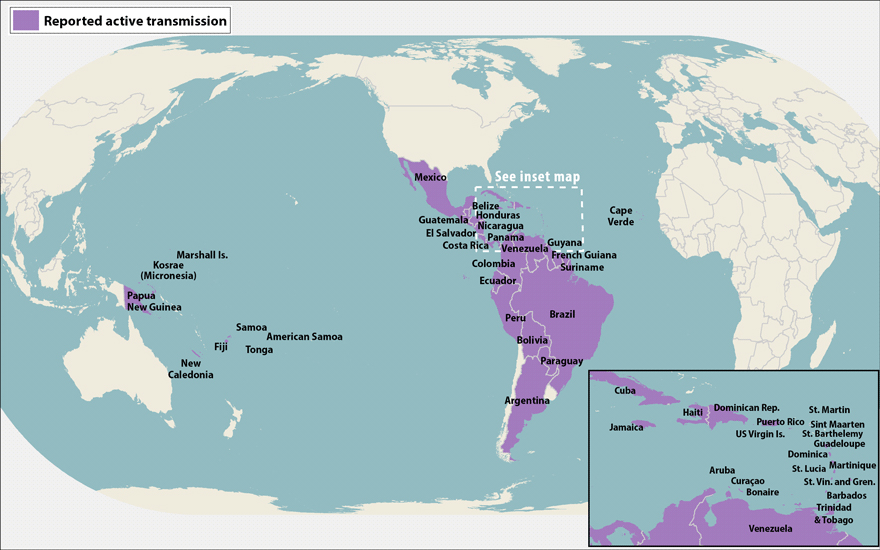This post is part of KQED’s Do Now U project. Do Now U is a weekly activity for students and the public to engage and respond to current issues using social media. Do Now U aims to build civic engagement and digital literacy for learners of all ages. This post was developed by Ashley Panton-Lula, a student at Southern Connecticut State University.
Featured Media Resource (above)
VIDEO: PBS NewsHour
Can Mutant Mosquitoes Be Used to Fight Zika and Dengue Fever?
The latest idea from scientists about how to stop the spread of the Zika virus is by reducing populations of its main vector–the Aedes aegypti mosquito–using genetic engineering.
Do Now U
Should genetically modified mosquitoes be used to stop the spread of Zika? #DoNowUZika
How to Do Now
To respond to the Do Now U, you can comment below or post your response on Twitter. Just be sure to include #DoNowUZika and @KQEDedspace in your posts.
Learn More about the Zika Virus
Many people think that the Zika virus just appeared within the last year. However, the Zika virus was discovered in 1947 in rhesus macaque monkeys found in Uganda. It was not until recently, when outbreaks of the virus started to affect a lot of people, that it received more attention.

The Zika virus is transmitted by Aedes aegypti and Aedes albopictus mosquitoes. These mosquitoes are invasive to North and South America and also transmit dengue and chikungunya. Pregnant women infected with Zika give birth to babies with birth defects, including microcephaly, hearing and vision problems, and other brain deficiencies. However, not all pregnant women who are infected with the Zika virus will have babies with these birth defects.